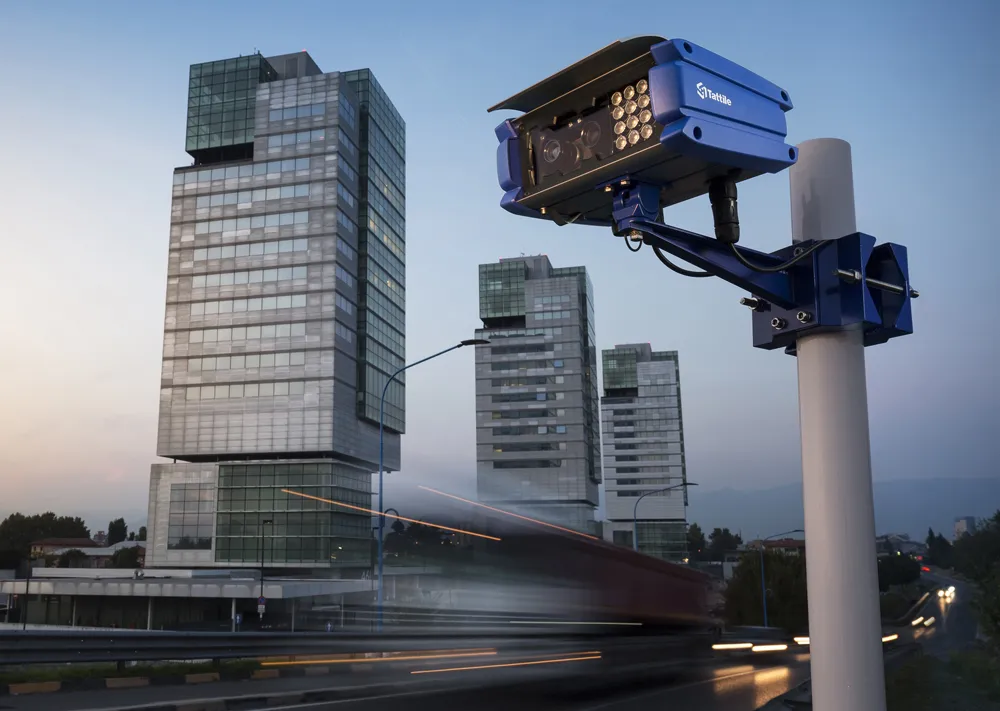The New Zealand Transport Agency (NZTA) has selected the New Zealand subsidiary of Unisys Corporation as the prime system integrator to lead the modernisation of the national crash analysis system (CAS).
Under the six-year contract, Unisys will lead the design and implementation of a new version of the CAS based on an open platform, which will provide the flexibility to integrate with other systems, departments and agencies. Unisys will host the CAS in its Auckland data centre and deliver the solution t
December 10, 2014
Read time: 2 mins
The 6296 New Zealand Transport Agency (NZTA) has selected the New Zealand subsidiary of Unisys Corporation as the prime system integrator to lead the modernisation of the national crash analysis system (CAS).
Under the six-year contract, Unisys will lead the design and implementation of a new version of the CAS based on an open platform, which will provide the flexibility to integrate with other systems, departments and agencies. Unisys will host the CAS in its Auckland data centre and deliver the solution to the Transport Agency via a Software-as-a-Service model within a private cloud environment. Unisys will also provide service desk support for users.
To deliver the solution, Unisys has partnered with768 Intergraph, a leader in transportation solutions for viewing complex data, and e-Spatial for online mapping tools.
Each year there are approximately 30,000 road crashes reported in New Zealand, of which around 10,000 involve injuries. The Government's Safer Journeys strategy is designed to improve road safety in New Zealand by reducing the frequency and the severity of road crashes.
The Transport Agency's CAS is used to capture and analyse information about road crashes to help determine the cause of individual crashes as well as to identify trends and contributing factors such as high speed or road curvature. Previously, New Zealand Police would record key crash information on paper and that information was then later manually entered into the CAS. The new solution will leverage the police investment in mobile technology, which includes Intergraph's Mobile Responder, to capture the data electronically while at the scene.
"By modernising and automating the crash analysis system, we will be able to capture and share key data more quickly, allowing the Transport Agency to better analyze trends, prioritise changes to road conditions designed to prevent future crashes, and assess if previous interventions have been successful in making roads safer for New Zealand drivers," said Rachel Leamy, NZTA’s CAS manager. "As this information is of interest to other agencies and entities such as local councils and insurance agencies, the open platform will enable the CAS to be more easily integrated with other systems, allowing for more detailed big data analysis."
Under the six-year contract, Unisys will lead the design and implementation of a new version of the CAS based on an open platform, which will provide the flexibility to integrate with other systems, departments and agencies. Unisys will host the CAS in its Auckland data centre and deliver the solution to the Transport Agency via a Software-as-a-Service model within a private cloud environment. Unisys will also provide service desk support for users.
To deliver the solution, Unisys has partnered with
Each year there are approximately 30,000 road crashes reported in New Zealand, of which around 10,000 involve injuries. The Government's Safer Journeys strategy is designed to improve road safety in New Zealand by reducing the frequency and the severity of road crashes.
The Transport Agency's CAS is used to capture and analyse information about road crashes to help determine the cause of individual crashes as well as to identify trends and contributing factors such as high speed or road curvature. Previously, New Zealand Police would record key crash information on paper and that information was then later manually entered into the CAS. The new solution will leverage the police investment in mobile technology, which includes Intergraph's Mobile Responder, to capture the data electronically while at the scene.
"By modernising and automating the crash analysis system, we will be able to capture and share key data more quickly, allowing the Transport Agency to better analyze trends, prioritise changes to road conditions designed to prevent future crashes, and assess if previous interventions have been successful in making roads safer for New Zealand drivers," said Rachel Leamy, NZTA’s CAS manager. "As this information is of interest to other agencies and entities such as local councils and insurance agencies, the open platform will enable the CAS to be more easily integrated with other systems, allowing for more detailed big data analysis."









